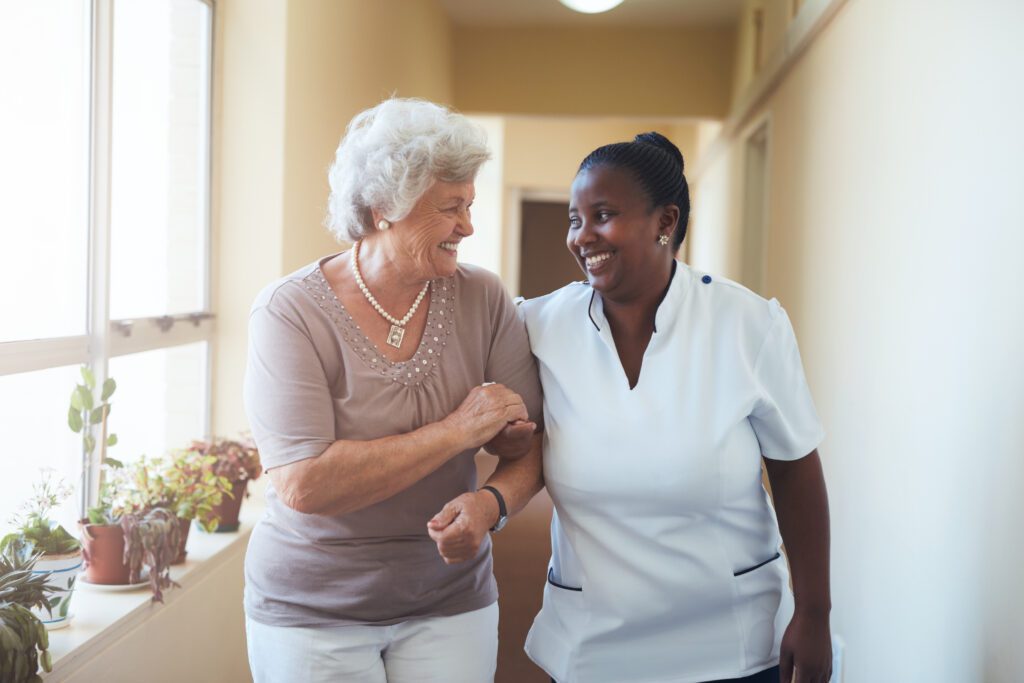Stages of Bedsores

Stages of Bedsores
 Bedsores are open wounds on the body where the skin and tissue break down due to continuous pressure from the bones. These can be found in the hips, tailbone, shoulder blades, elbows, and heels.
Bedsores are open wounds on the body where the skin and tissue break down due to continuous pressure from the bones. These can be found in the hips, tailbone, shoulder blades, elbows, and heels.
Patients with diabetes, circulatory issues, malnutrition, and even those who are unconscious with dementia are in danger.
The risk increases if the patient is not turned, positioned correctly, or provided with proper nutrition and skincare.
Bedsores are divided into four stages:
- Stage 1
The area is red and warm to the touch. Darker skin may show a blue or purple tinge. The patient may also say it hurts or itches. Check for bedsore by seeing if the area “blanches.” If it does, the tissue is still intact.
To test, lightly press the spot. Blanching occurs when a spot turns white and then red again. - Stage 2
Unmonitored and untreated bedsores will burst the skin and become ulcers. Your elderly relative will feel tender and sore. - Stage 3
It develops a deep hole through the skin and layers of tissue to the subcutaneous fat. Less blood flow means more tissue decay. - Stage 4
Bedsore has advanced to the point where the ulcerous crater penetrates the soft tissue to reveal the bone. This tremendous decay is a life-threatening infection risk.
If you’re worried about potential bedsore, have your senior get a medical exam immediately; sores can worsen within days if necessary healthcare services are not provided.
At Livathome, we have been providing non-medical home care in Nebraska since 2013.
Whenever you or a loved one requires home health care services in Omaha, Nebraska, our team is always available to provide personalized care for you.

